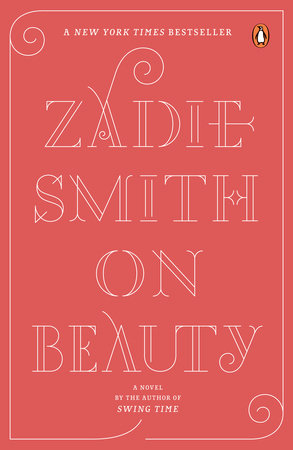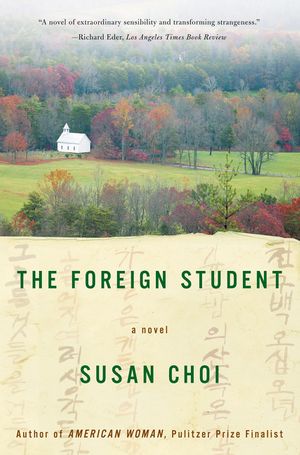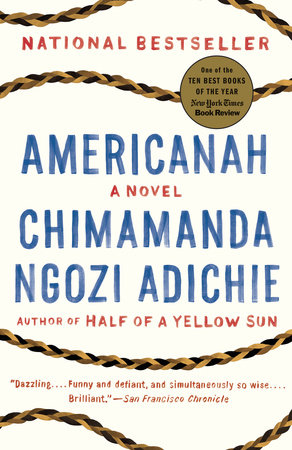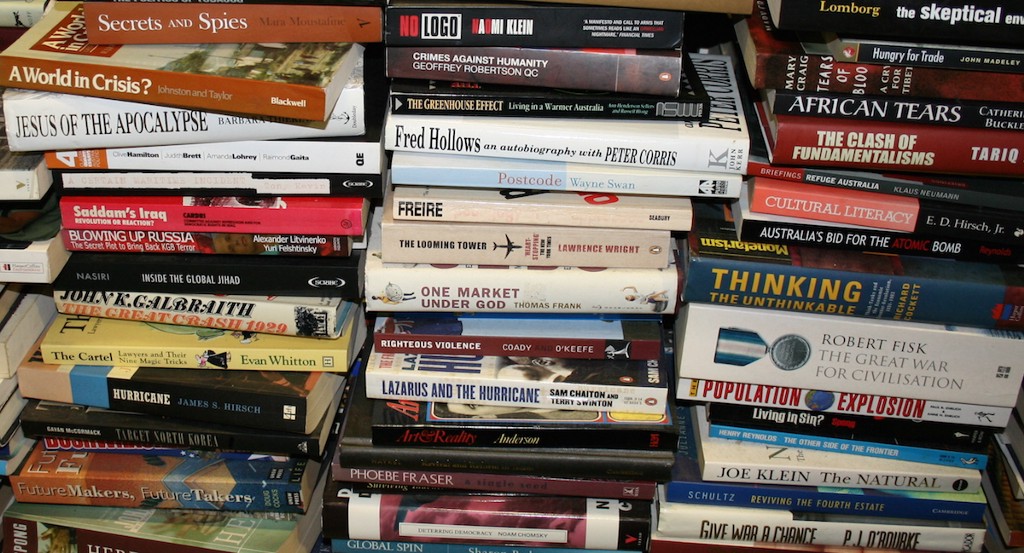Reading Lists
8 Books That Celebrate International Scholars
Here's what the U.S. will lose if the Trump administration forces international students out of the country

With this week’s announcement on student visas, ICE implemented new restrictions on international student visas in the U.S. Students who are taking online-only classes must transfer to a class that’s offering in-person instruction, at a risk to their personal health, or face deportation. This announcement only serves to heighten the series of restrictive immigration policies that the Trump administration has been implementing throughout the pandemic.
So what does this mean? In some of these cases, students will be forced to leave the country. In other cases, it may result in unsafe, premature university openings that could cause a spike in coronavirus cases. This isn’t just bad news for the students themselves. The American Council on Education issued a statement on the recent ICE decision, pointing out that international students “yield an estimated economic impact of $41 billion and support more than 450,000 U.S. jobs.” Apart from boosting economic growth and facilitating better global relations, international scholars—professors, researchers, and students alike—help foster cultural and intellectual diversity in the U.S. Furthermore, cross-continental intellectual exchange is by no means new news—it has been a cornerstone of shaping our current-day, globalized society.
A better understanding of the international student experience won’t automatically make people value us—but perhaps it’s a start.
As for the many international students and scholars, we are faced with a difficult decision. I am one of those international students, one of over one million. Not all students have the resources to continue their research from their home country. Not all students have the option to return. In the midst of a global pandemic, we remain stranded without even a legislative safety net. As an international Ph.D. student noted on Twitter: “the message is clear: our lives are cheap, our work unvalued.”
A better understanding of the international student experience won’t automatically make people value our work or our physical well-being—but perhaps it’s a start. (You can also sign petitions, call on your higher-ed institutions to protect their students, and spread awareness of the issues.) Here are 8 books that discuss the experiences and contributions of international scholars within the U.S. higher education system. Some are acute explorations of what it means to be ostracized in society, regardless of qualifications; others are a satirical look at academia, humorously pointing out the ways in which class, nationality, and language converge; still others are a thoroughly researched, academic investigation of international students’ circumstances.
On Beauty by Zadie Smith
On Beauty deals with not one, but two visiting international scholars (and their respective families). Howard Belsey is a white English scholar of art history; his Black wife, Kiki, and their children relocate with him to the U.S. for his job. Meanwhile, Howard’s nemesis, Monty Kipps, is a controversial Trinidadian scholar who is against affirmative action. Hilariously, they both end up moving to a small suburban university town in Massachusetts. Imbued with Smith’s bitingly satirical wit, the novel tackles both political correctness and neighborly drama, as well as the intersections of nationalities, race, and class in an American liberal arts college.
The Foreign Student by Susan Choi
Set in a small Southern college in the 1950s, Choi’s debut novel tells the story of a relationship between a young, war-scarred Korean student and a Southern heiress. Chang, or “Chuck” as an American soldier re-names him, comes to Sewanee on a scholarship. Haunted by memories of the Korean War, he doesn’t speak of his past—until he meets Katherine, who is also struggling with her past. The Foreign Student explores post-war trauma and interracial relationships, showing how one can find deep connections in unexpected places.
Forty Rooms by Olga Grushnin
Forty Rooms centers on the concept that a woman will inhabit 40 rooms from birth to death; moving from room to room, the novel tells the life story of a Russian woman. The book starts in a small apartment bathroom in Moscow, then tracks how the narrator moves to attend college in the U.S., harboring dreams of becoming a poet. Grushnin imbues her narrative with rich literary references and hints of the supernatural, while also keeping the story grounded in everyday details. Forty Rooms is a story about immigration, education, and assimilation; simultaneously, it’s a meditation on what it means to be a woman, and the ambiguous consequences of dreaming big.
Americanah by Chimamanda Ngozi Adichie
Yes: you’ve probably already heard of it. You’ve most likely read it. It’s worth re-reading! Americanah centers on Ifemelu, a strong-willed Nigerian woman who comes to the U.S. for college. Ifemelu grows up in Lagos, along with her high school sweetheart, Obinze; however, as Nigeria’s political landscape changes, Ifemelu is sent away to the U.S. for higher education, while Obinze winds up in London as an illegal migrant worker. Adichie’s acclaimed 2013 novel still feels hyper-relevant today, with its nuanced, intersectional analysis of race, immigration, and identity.
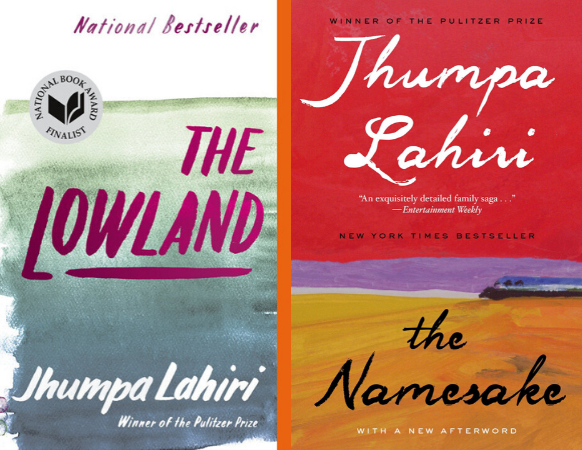
The Namesake and The Lowland by Jhumpa Lahiri
I couldn’t pick between these two novels, both of which depict life as an international student in U.S. universities. So, both! In The Namesake, Lahiri tracks a multi-generational epic from Calcutta to New England. Lahiri is acute in her depictions of what it means to be “othered” in American suburbia, and the balancing act between family tradition and cultural assimilation. In The Lowland, two brothers’ lives veer apart when one remains in India, working with revolutionary movements, and the other wins a scholarship to study science in Rhode Island. This family saga explores sacrifice, love, and the consequences of the brothers’ respective decisions.
Pnin by Vladimir Nabokov
Although U.S. immigration policies have been directly linked to racism and inhumane discrimination—from the Chinese Exclusion Act of 1882 to current-day detention camps for Latinx migrant children—they also affect groups that have traditionally been in power, like straight, white, European men. Nabokov’s protagonist in Pnin is one such example, as a Russian émigré professor at an U.S. university. However, Professor Pnin is far from being a model scholar; he can’t seem to keep track of his papers (or train schedules, let alone academic conspiracy theories), struggles with delivering lectures in English, and writes tirelessly to his ex-wife. Written with Nabokov’s trademark humor, Pnin satirizes bumbling professors, the author’s own Russian accent, and the glamorization of America.
International Students and Global Mobility in Higher Education: National Trends and New Directions by Rajika Bhandari and Peggy Blumenthal
This academic book may not be the most exciting narrative, but it is definitely comprehensive. If you’re curious in learning more about national investments in global education, economic consequences of a more mobile labor market, and policymaking surrounding international students—this is the book for you. Bhandari and Blumenthal analyze global student mobility patterns, in order to point out existing trends and predict what they entail for our future.




